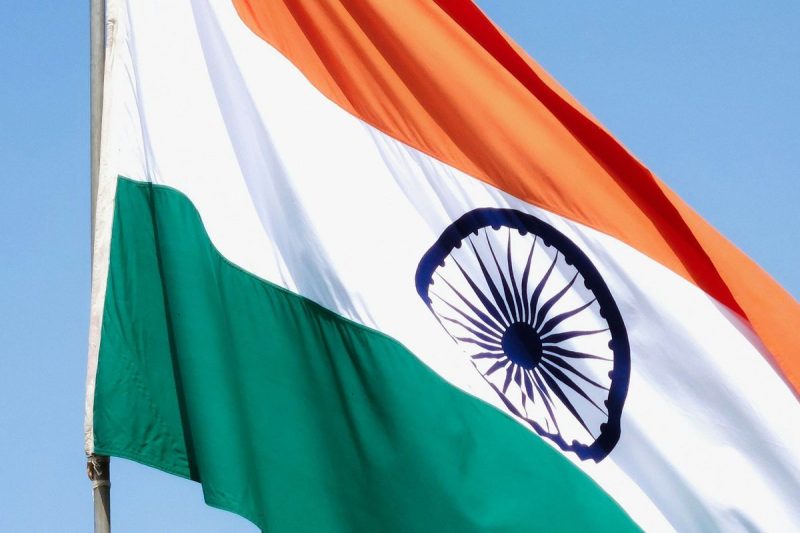
India to Target Pacific Ocean for Deep-sea Critical Minerals Exploration
India has announced plans to apply for licenses to explore for deep-sea minerals in the Pacific Ocean, aiming to secure critical resources necessary for the transition to renewable energy technologies.
M. Ravichandran, secretary of the country’s Ministry of Earth Sciences (MoES), said India is seeking to apply to the United Nations-backed International Seabed Authority (ISA) next year to focus on exploring the Clarion-Clipperton zone.
According to Reuters, the area, a large expanse of water between Hawaii and Mexico, is known to be rich in polymetallic nodules containing important minerals such as manganese, nickel, copper and cobalt.
The ISA has already granted 31 exploration licenses, two of which are allocated to India; however, the country has yet to proceed with exploration as the organization is still forming regulations.
India’s move comes amid increasing global competition for critical minerals, with countries like China, Russia and various Pacific Island nations already securing deep-sea exploration licenses in the Pacific.
The planned exploration in the Clarion-Clipperton zone is part of a broader effort to enhance India’s self-sufficiency in raw materials critical for its green energy transition.
However, M. Rajeevan, former MoES chief, expressed concerns as to India’s preparedness for seabed mining. ‘We have done a lot of work on the deep sea mining technology but not perfected (it). In that aspect, we are not yet ready,’ he said.
In addition to its ambitions in the Pacific, India expects to receive two more exploration permits from the ISA for regions in the Indian Ocean, namely the Carlsberg Ridge and the Afanasy-Nikitin Seamount.
These locations are known for their polymetallic sulfide deposits and ferromanganese crusts, which contain valuable metals like copper, gold, silver, zinc, cobalt, nickel and rare earth elements.
India’s exploration efforts are part of a larger strategy to secure critical minerals globally. The country has been exploring opportunities in South America, particularly in Argentina and Chile, to develop lithium and copper resources.
In January, the country signed an agreement for a lithium exploration and mining project in Argentina’s Catamarca province; in June, an Indian source said state-owned Coal India was exploring lithium blocks in Argentina with a US company. The latter was happening as part of the US-led Minerals Security Partnership.
Deep-sea mining remains a contentious issue. Environmental concerns about its potential impact on marine ecosystems have led 27 countries to call for a moratorium or suspension of all ocean mining-related activities.
Securities Disclosure: I, Giann Liguid, hold no direct investment interest in any company mentioned in this article.
